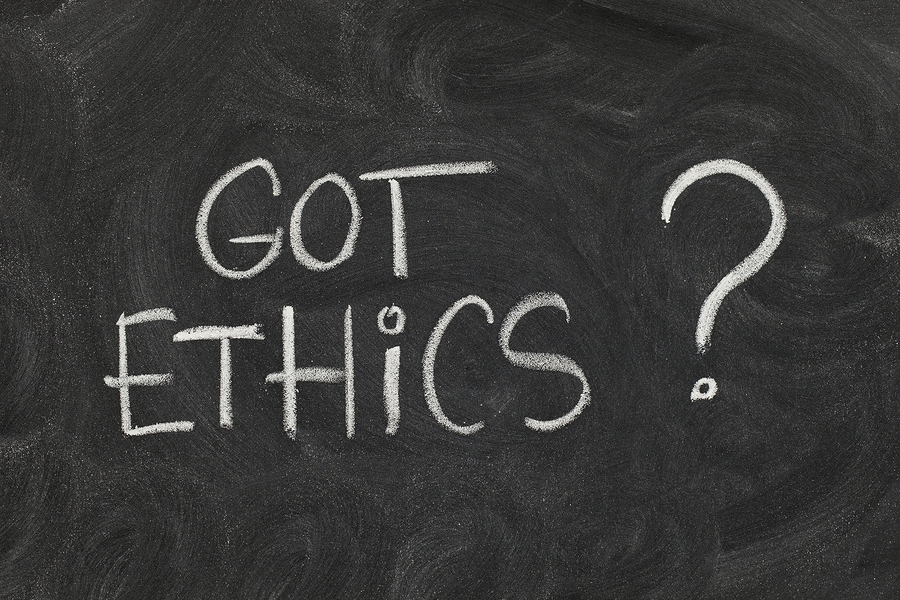
Trial lawyers must know where the ethical line is drawn between properly investigating jurors and improperly communicating with them. In today’s Internet-saturated world, the line is increasingly blurred. Therefore, the ethics committee of the American Bar Association (ABA) recently issued an opinion describing a trial lawyer’s ethical obligation when reviewing jurors’ information on the Internet in the period leading up to and during trial.
The ABA ethics opinion sets forth three (3) general rules:
- A lawyer’s review of juror websites or social media sites like Facebook or Twitter that are readily available to the general public without making an access request to the owner of the site (i.e., the juror or potential juror), and of which the juror is unaware, does not violate any ethical rule.
- A lawyer who uses the Internet to passively view juror social media sites that allows jurors to determine not only that their social media sites are being viewed, but also identifies the lawyer who is viewing the site does not communicate with jurors, and therefore does not violate any ethical rules. However, the opinion also warns that “lawyers who review juror social media should ensure that their review is purposeful and not crafted to embarrass, delay, or burden the juror or the proceeding.”
- A lawyer may not, either personally or through another, send a request to a juror seeking access to the juror’s website or social media site. An access request is a communication to a juror asking the juror for information that the juror has not made public by seeking access to the juror’s website or electronic social media. For example, lawyers may not send a “friend” request to a juror on Facebook, or send a Twitter follower or LinkedIn request to a juror who restricts access to his or her accounts.
The opinion also advises lawyers what to do if they stumble across content on the Internet about a juror that they suspect may be evidence of improper behavior, like using social media to communicate about jury service or the pending case and conducting personal research about the matter on the Internet. A lawyer has an affirmative duty to juror conduct to the court when the conduct is criminal or fraudulent. However, there is no such duty to report about a juror disobeying court instructions about can be said on social media or what research can be conducted on the internet,
The ethics opinion is attached here – ABA Formal Opinion 466 – Lawyers Reviewing Jurors’ Internet Presence 04 23 14
